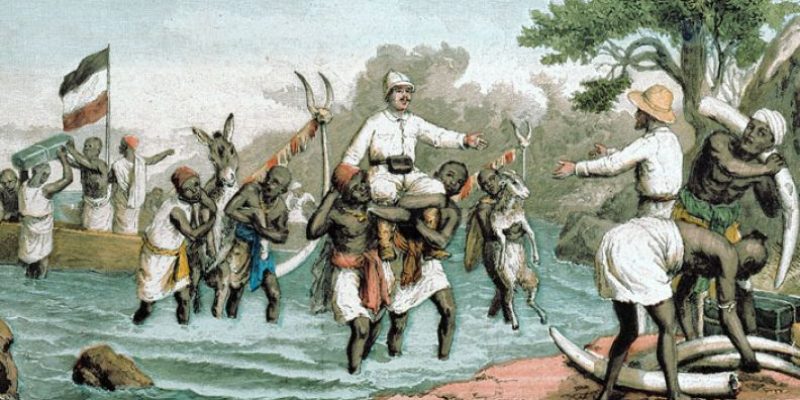Table of Contents
- Introduction
- Burning Books 213 B.C.
- Persecuting Philosophers
- Banned Books & Bible
- Books lost forever
- Inquisition Censorship
- Index Librorum Prohibitorium
- Copernicus & Galileo
- Darkness in Enlightenment
- Revolution & Banned Books
- Colonialism & Book Bans
- New Nation Censorship
- Nazi Germany Book Burning
- USSR Banned Books
- McCarthyism Book Banning
- 21st Century Book Bans
- Banned Books Battles
- Digital Age Book Banning
- World Wide Book Banning
- Book Banning is Bad
- The Future of Book Banning
- Looking Back in History
- Discover New Worlds
Banning books during colonialism
Empire of Silence: Book Banning in Colonial Empires

Colonial empires were vast power structures that controlled millions of lives all over the world. Among the tools they used to maintain control was the banning of books. Let’s see how censorship was used as a mechanism of colonial power.
At the heart of colonialism was a struggle for control, not just over territories and resources, but also over minds and narratives. Books, with their capacity to disseminate ideas and shape points of view, were considered a potential threat to colonial authority. If they questioned colonial ideologies or rallied against colonial rule, they were often deemed seditious and banned.
In the British Empire, for example, a long list of books was prohibited across its colonial territories in Africa, India, and the Caribbean. These included works written by locals and foreigners alike, which criticized colonial rule, exposed its injustices, or advocated for independence. Banned authors ranged from Indian nationalists to Caribbean intellectuals, African leaders, and even British critics of imperialism.
One interesting case in point is the banning of “Anandamath,” a novel by Indian author Bankim Chandra Chattopadhyay. The book, which included the poem “Vande Mataram” (later adopted as India’s national song), was seen by British authorities as stirring up nationalist sentiments and was consequently banned.
The story wasn’t very different in other colonial empires. French authorities banned many publications in Algeria and other African colonies that critiqued colonial policies or promoted nationalist ideas. Likewise, Dutch colonial authorities in Indonesia restricted the circulation of works advocating for Indonesian independence.
While these bans did suppress certain voices and narratives, they also inadvertently amplified them. Banned books often gained popularity and significance, becoming symbols of resistance against colonial rule. Their very prohibition highlighted the potency of their messages and often led to increased demand, underground circulation, and heightened curiosity among readers.
Moreover, the banning of books spurred the development of local and national literatures in many colonies. Authors, journalists, and poets found new ways to write, often using metaphors and allegories to circumvent censorship. Over time, these works contributed significantly to the growth of anti-colonial and nationalist movements, shaping identities and inspiring struggles for independence.